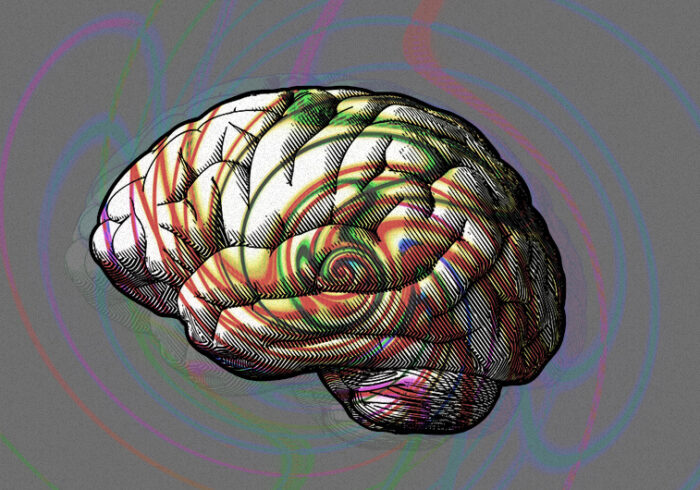Many individuals experience stress at some point in their lives, and the effects it has on their overall health are well-documented. Both the process and the outcome of weight loss are heavily influenced by stress. If you want to lose weight, you must understand how stress affects your weight.
Stress-weight loss connection
Stress and weight loss have a complex and bidirectional relationship. Stress leads to weight gain and hinders weight loss efforts. The weight loss process itself is a major source of stress, which may affect one’s ability to maintain a healthy lifestyle. Let’s delve into the specific ways stress influences weight loss:
- Hormonal changes – Stress triggers the release of hormones like cortisol, often referred to as the “stress hormone.” Elevated cortisol levels increase appetite and cravings for high-calorie, sugary, and fatty foods. This leads to overeating and weight gain, especially around the abdominal area.
- Emotional eating – A comfort food’s high-calorie content and low nutritional value calms anxiety and depression temporarily. If you eat emotionally, it is more difficult to adopt healthier eating habits.
- Disrupted sleep – Stress disrupts sleep patterns, leading to insomnia or poor-quality sleep. Weight gain is associated with a lack of adequate sleep, increased appetite, and unhealthy food cravings. The lack of sleep also impacts energy levels, making physical activity difficult.
- Decreased motivation – Chronic stress saps one’s motivation and energy levels, making it difficult to maintain a consistent exercise routine. When stressed, individuals may find it challenging to prioritize their fitness goals, leading to a decline in physical activity and, consequently, slower weight loss progress.
- Metabolic changes – Prolonged stress impacts metabolism, leading to a decrease in the body’s ability to burn calories efficiently. When this metabolic slowdown occurs, losing weight despite regular exercise and a calorie-controlled diet is harder.
Managing stress for weight loss success
Practice Relaxation Techniques – Incorporate relaxation practices like deep breathing, meditation, yoga, or mindfulness into your daily routine.
- Prioritize sleep – Get a consistent sleep schedule and develop a relaxing bedtime routine. For weight loss and well-being, sleep 7-9 hours each night.
- Seek support – Feel free to reach out to friends, family, or a support group for emotional support. Sharing your weight loss journey and challenges helps reduce stress and provide motivation.
- Set realistic goals – Make your weight loss goals smaller and more achievable. Setting realistic expectations reduces stress and provides a sense of accomplishment as you progress.
- Weight loss southwest omaha – Consider seeking professional guidance from Medical Weight Loss Southwest Omaha. They offer nutritional advice, stress management, and support to help you lose weight.
Seeking professional guidance, such as the expertise offered by Medical Weight Loss Southwest Omaha, provides valuable tools and support to navigate the challenges of achieving sustainable weight loss. A healthy lifestyle includes managing stress and enhancing your well-being and weight loss efforts.








